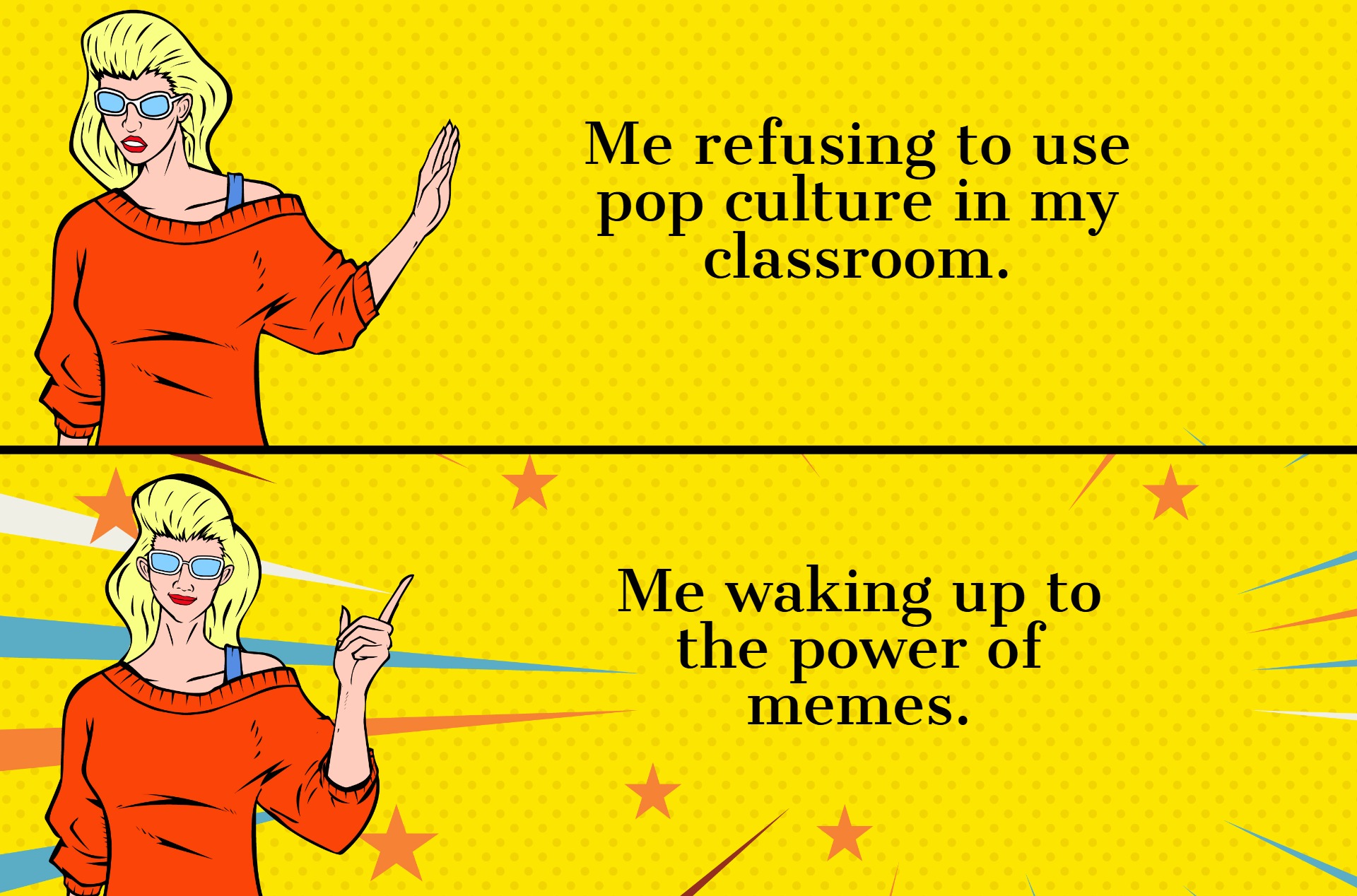How case studies can help to smooth the academy-to-industry transition
“It’s difficult to know what you’re truly passionate about until you try it.”

All an employer wants is confidence. They want to see it in you and they want to feel it themselves: confidence that you can do the job they need done and do it well. But, for students pursuing graduate degrees in the life sciences who have their sights set on careers outside of academia and scientific research, where might this confidence come from? Yes, you may have knowledge of higher mathematics and understand the intricacies of triple-negative breast cancer metabolism, but how do you know that you’d be good at (or even like) a career in, say, medical affairs? More importantly, how could you prove this to an employer?
Sometimes, a trial run is important. “Informational interviews are a great way to gain insight into a certain profession, but it’s difficult to know what you’re truly passionate about until you try it,” says Sarah Farr, a PhD candidate at the University of Toronto department of laboratory medicine and pathobiology.
The Science Career Impact Project, a Toronto-based volunteer organization, and the Life Sciences Career Development Society, a student-run initiative at U of T, recognized the uncertainty that both applicants and recruiters commonly display concerning academy-to-industry transitions, so they set out to help bridge the gap. SCIP and LSCDS designed their new Industry Team Case Study program to empower students to craft and execute career-targeted projects in order to provide them with industry-relevant know-how, valuable exposure and, perhaps, a leading element in their career portfolios.
“Science trainees face two major hurdles when seeking non-academic employment outside R&D: marketing themselves effectively and demonstrating they can do the kinds of work employers will ask them to do. We wondered if applicants would be more successful at landing their first job if they included a portfolio of relevant work with their cover letter and resumé,” explains David Sealey, SCIP’s co-founder.
In mid-2016, SCIP and LSCDS launched their inaugural ITCS cycle. To apply, students completed an online form where they selected their areas of career interest and described their motivations for enrolling in the program. Successful applicants with similar career ambitions were grouped into project teams and coupled with a mentor experienced in that area. Over a four-month period, the small teams were guided through custom-tailored projects that mirror those regularly executed by modern medical science liaison officers, regulatory affairs consultants and business development analysts. The main theme of these projects: to bring a drug to market in Canada.
Graduate students with specializations spanning molecular genetics to physical chemistry worked to research real-world therapeutics. At the same time, they learned to develop clever regulatory filings, build attractive technology transfer pitches and create balanced clinical data presentations. One group developed a briefing package and a draft pharmaceutical product monograph for an up-and-coming cholera vaccine – typical deliverables in regulatory submissions to Health Canada. Another group compiled an overview of a new HIV drug’s clinical trial progress in the form of a slide deck to be presented to key physician opinion leaders.
At many stages of their projects, teams encountered unanticipated challenges that could only be overcome by learning more, by digging deeper, by asking more questions. Unsurprisingly, this echoes the experience of an employee’s first weeks at a stimulating new job.
Their months of immersion and effort allowed program participants to hone and neatly demonstrate a tranche of skills critical to performing in their target industry. Participants have the potential of leaving graduate school both with the backing of their degrees and with immediately translatable experience, which fills a troublesome void common to most graduate student resumés.
“The experience gave me valuable insight into my career interests. I appreciate that in addition to the knowledge and skills I’ve gained, I am leaving with tangible evidence of what our team accomplished. [ITCS] provided confidence that I am capable of transitioning from the bench to an industry role,” says Ms. Farr.
Noting the power of his experiences and his newly bulked-up portfolio, cell biology PhD candidate Alex Sin says, “I now have a much clearer idea for what this field entails. I could definitely see this practical experience putting me ahead of other competitors fresh out of graduate school.”
SCIP and LSCDS will roll out the third ITCS cycle in January 2018.
Michael Freeman is a freelance writer and master’s student of chemical engineering based in Toronto. Visit Michael’s website and follow him on Twitter @EngFreeman.
Featured Jobs
- Canada Excellence Research Chair in Computational Social Science, AI, and Democracy (Associate or Full Professor)McGill University
- Psychology - Assistant Professor (Speech-Language Pathology)University of Victoria
- Business – Lecturer or Assistant Professor, 2-year term (Strategic Management) McMaster University
- Veterinary Medicine - Faculty Position (Large Animal Internal Medicine) University of Saskatchewan














Post a comment
University Affairs moderates all comments according to the following guidelines. If approved, comments generally appear within one business day. We may republish particularly insightful remarks in our print edition or elsewhere.